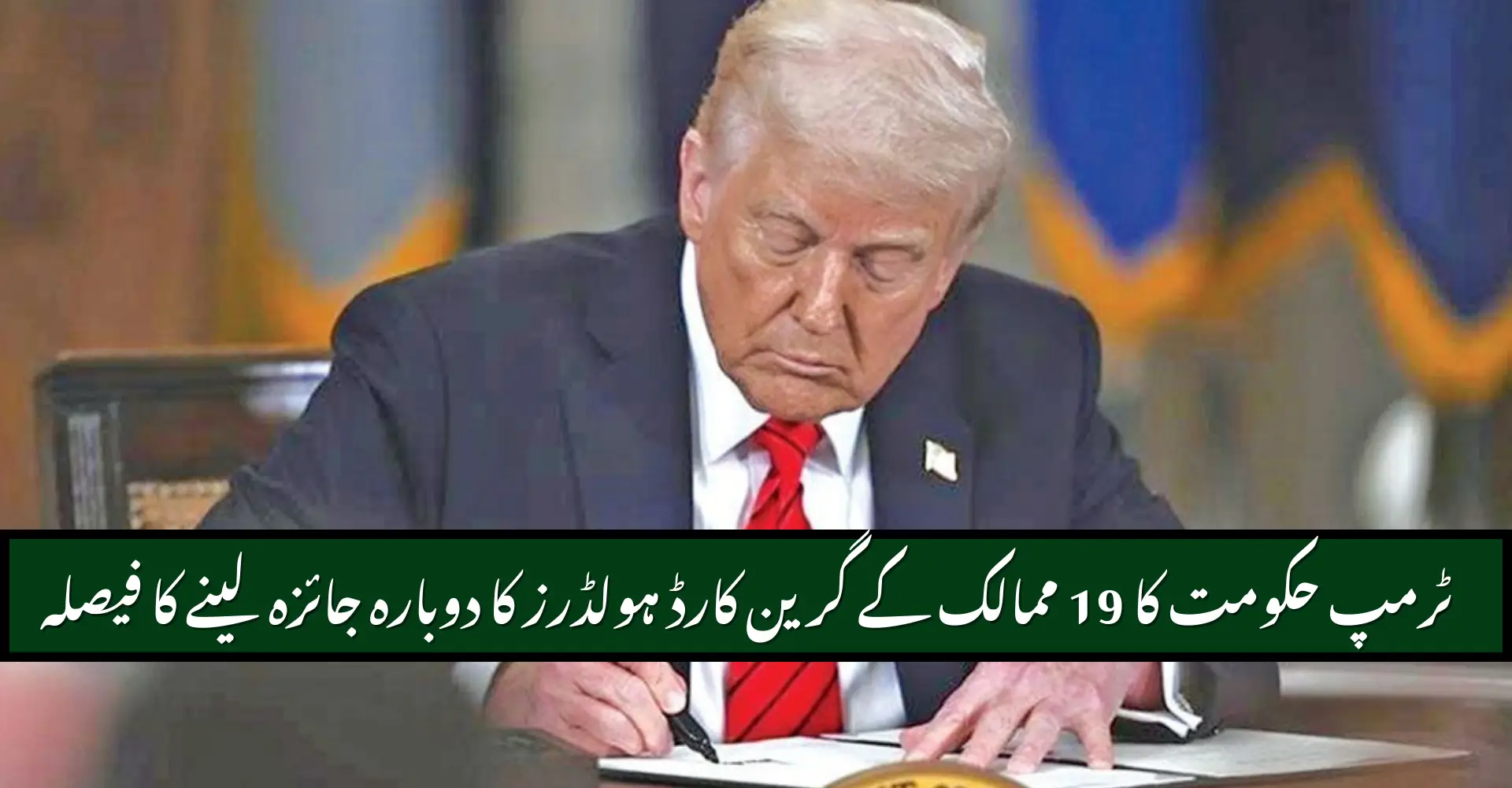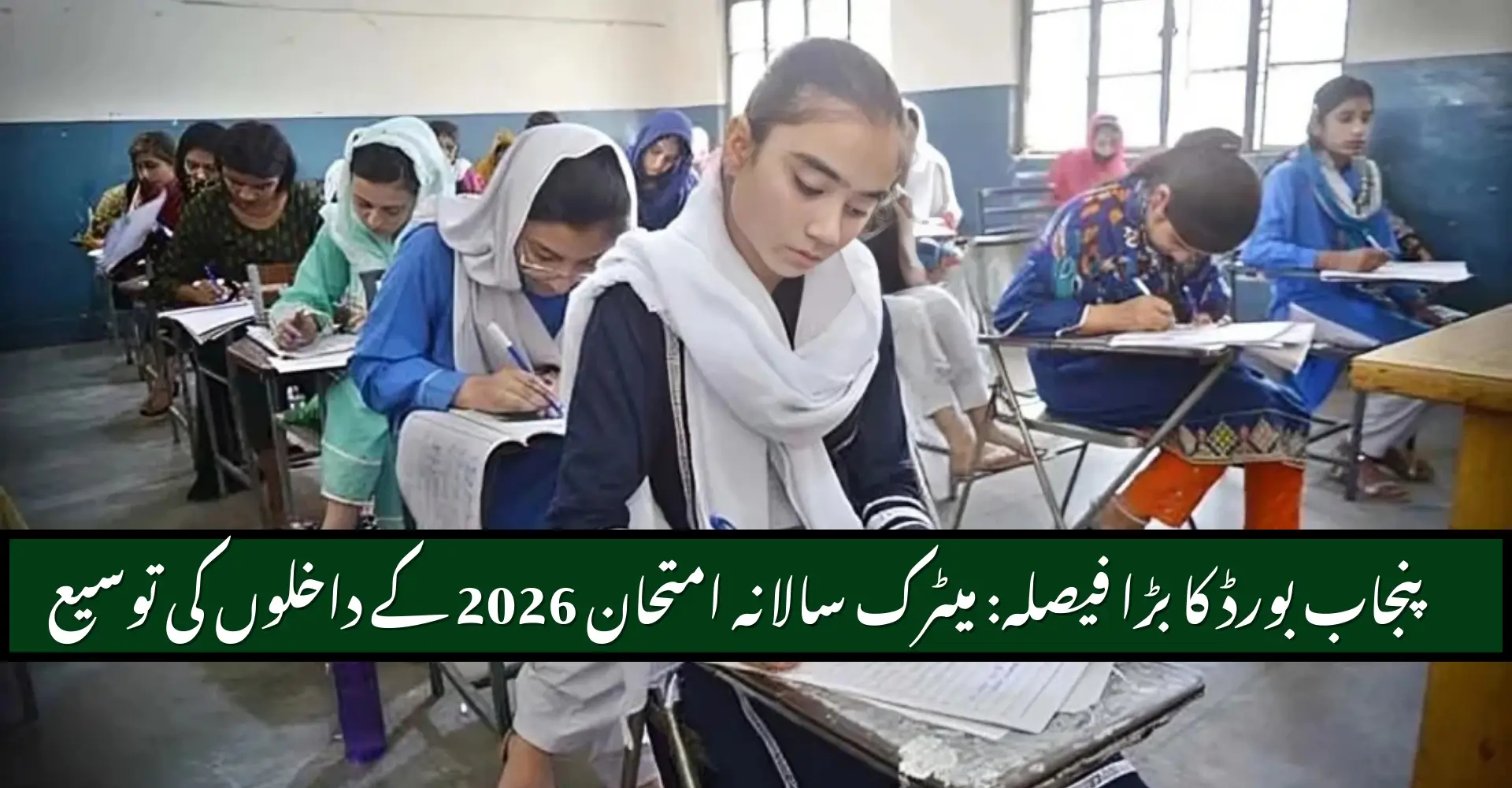Trump Administration Re-Examines Green Card Holders from 19 Countries — What It Means. The Trump administration will re-examine green card holders from 19 countries, raising major questions about security vetting and immigration rules in 2025. This policy shift aims to reassess past screenings and ensure national safety but what does it mean for affected immigrants? Here’s a clear, easy-to-understand breakdown.
Why the Trump Administration Is Re-Examining Green Card Holders in 2025
The new directive instructs the US Citizenship and Immigration Services (USCIS) to conduct a full-scale, rigorous re-examination of green cards issued to immigrants from 19 “countries of concern.”
This move follows growing national security debates and recent violent incidents involving foreign nationals.
Official Statement from USCIS
USCIS head Joseph Edlow confirmed that President Trump ordered an extensive audit of every green card issued to individuals from selected countries.
He emphasized that the administration’s priority is “the protection of the American people.”
What Triggered the Policy Change?
A recent incident involving Rahmanullah Lakanwal, an Afghan national accused of shooting two National Guard soldiers in Washington DC, intensified scrutiny.
Although the USCIS announcement did not directly mention this attack, analysts agree it played a major role in accelerating the re-evaluation process.
Which 19 Countries Are Included in the Green Card Re-Examination?
The administration refers to a prior White House Proclamation (June) that identified nations considered high-risk due to terrorism concerns or inadequate screening infrastructure.
Below is a table listing the known countries:
Countries Included in the Green Card Review (Partial List)
| Region | Countries Identified | Primary Concerns |
|---|---|---|
| Middle East & South Asia | Afghanistan, Iran, Somalia | Terrorism, weak documentation |
| Latin America | Cuba, Haiti, Venezuela | Political instability, security issues |
| Africa | Chad, Libya, Republic of Congo, Somalia | Insufficient vetting systems |
| Asia-Pacific | Burma (Myanmar) | Conflict, unstable governance |
Note: USCIS may expand or update this list depending on new intelligence assessments.
What the Re-Examination Means for Green Card Holders
The policy does not immediately revoke existing green cards.
Instead, it initiates a multi-step review process aimed at:
- Verifying the accuracy of prior background checks
- Reassessing vetting protocols
- Confirming that no national security risks were overlooked
- Examining visa overstays and documentation authenticity
Possible Outcomes for Immigrants
Depending on results, the following scenarios may occur:
- No Action: Clean records allow individuals to keep their permanent resident status
- Request for Re-Interview: Additional documentation or interviews may be required
- Revocation Proceedings: In rare cases where serious issues are found
- Travel Restrictions: Temporary limitations during review
For now, experts recommend that green card holders maintain valid IDs, keep travel records, and ensure their immigration paperwork is updated.
National Security Concerns Behind the Policy
The administration argues that threats from foreign terrorist organizations and global instability justify this review.
Key Statement from the White House Proclamation
The proclamation cited:
- High visa overstay rates
- Weak civil documentation systems
- Terrorist groups controlling territories (e.g., Taliban in Afghanistan)
- Lack of proper screening mechanisms
These concerns led to increased efforts to limit entry from specific regions and reassess those already admitted.
Political Reactions to the Review
Opinions are divided.
Supporters Say…
- It strengthens national security
- Helps detect overlooked risks
- Protects Americans from potential threats
- Ensures accurate background checks
Critics Argue…
- It unfairly targets immigrants based on nationality, not actions
- May create fear within immigrant communities
- Could delay naturalization processes
- Might harm foreign relations with affected countries
Human rights organizations have expressed concerns that the policy could be discriminatory if not kept transparent and evidence-based.
Historical Context – Has This Happened Before?
Yes. Previous administrations—including both Republican and Democrat—have conducted targeted immigration vetting during periods of heightened global tensions.
Examples include:
- Post-9/11 enhanced screenings
- Trump’s 2017 Travel Ban
- Biden administration’s refugee program reviews
The 2025 green card re-examination echoes past security-first strategies used during uncertain times.
What Should Green Card Holders from These Countries Do Now?
Here’s a simple checklist to stay safe and prepared:
Bullet List: Immediate Steps for Immigrants
- Keep passport and green card valid
- Maintain copies of all immigration documents
- Avoid extended international travel
- Update any changes in address or employment with USCIS
- Consult an immigration attorney if contacted by authorities
- Save proof of your legal entry and background checks
- Stay informed through official USCIS announcements
Will This Affect Future Green Card Applications?
Most likely, yes.
Future applicants from identified countries may face:
- Stricter background checks
- Longer processing times
- Additional security interviews
- Increased scrutiny of travel history
Immigration attorneys expect processing delays as USCIS devotes resources to the 2025 review.
Expert Analysis — What This Means for the U.S. Immigration System
Immigration experts believe this review marks a new era of “extreme vetting 2.0.”
Expected Impacts:
- Tighter entry requirements
- More data-sharing between federal agencies
- Larger focus on digital footprint analysis
- Reassessment of refugee and asylum programs
- Possible diplomatic tensions with listed countries
Analysts note that this policy aligns with Trump’s broader goal of reshaping U.S. immigration toward a security-first model.
FAQs
Why is the Trump administration re-examining green card holders?
To reassess background checks and identify possible national security risks among immigrants from 19 countries.
Which countries are affected by the green card review?
Countries include Afghanistan, Iran, Somalia, Cuba, Haiti, Venezuela, Burma, Chad, Libya, and others identified as “countries of concern.”
Will green cards be revoked?
Not automatically. Revocation would only occur if USCIS finds major security issues or fraudulent documentation.
Does this affect lawful permanent residents already living in the U.S.?
Yes, but only through a review process—not removal unless warranted by serious findings.
Will this delay green card applications from these countries?
Yes, future processing is expected to become slower and more selective.
Conclusion
The Trump administration’s 2025 re-examination of green card holders from 19 countries marks a major shift in U.S. immigration policy. While the goal is to strengthen national security, the review raises questions about fairness, transparency, and long-term impacts on immigrant communities.














